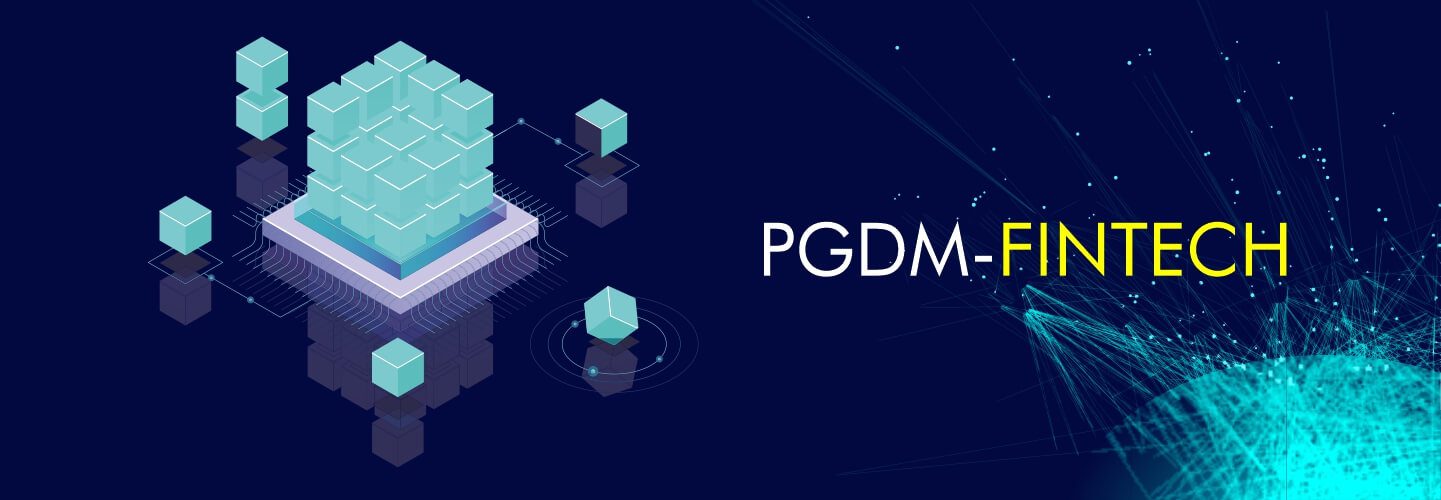Last updated on October 15th, 2023 at 12:08 pm
In the rapidly evolving landscape of the fintech industry, the protection of data and transactions has become paramount. As financial services and transactions increasingly migrate to digital platforms, the need for robust cybersecurity measures has grown exponentially. Fintech companies must safeguard sensitive financial information, prevent fraudulent activities, and comply with regulatory standards to maintain trust and confidence among their customers.
In this article, we will explore the various cybersecurity measures employed to protect data and transactions in the fintech industry. Additionally, we will discuss the role of fintech platforms in strengthening cybersecurity, the benefits of cloud computing in this domain, and how the entire industry can be fortified through collaboration, education, and proactive cybersecurity practices.
Cybersecurity Measures for Data and Transaction Protection
Data encryption and secure network communication
One of the fundamental cybersecurity measures is data encryption. Encryption converts sensitive information into an unreadable format, ensuring that only authorized parties can access and decipher it. In the fintech industry, encryption plays a crucial role in safeguarding sensitive data, such as financial records, bank account details, and personally identifiable information (PII). By utilizing robust encryption algorithms and implementing secure network protocols like HTTPS (Hypertext Transfer Protocol Secure), fintech platforms can ensure the confidentiality and integrity of data during transit.
Multi-Factor Authentication (MFA)
Passwords alone are no longer sufficient to protect user accounts. Multi-factor authentication (MFA) has emerged as an effective security measure that combines multiple factors to verify a user’s identity. These factors typically include something the user knows (e.g., a password), something they possess (e.g., a smartphone), and something unique to them (e.g., a fingerprint or facial recognition). By requiring users to provide multiple pieces of evidence to authenticate themselves, fintech companies can significantly enhance security and prevent unauthorised access.
Fraud Detection and Prevention
Fraudulent activities pose a significant threat to the fintech industry. Cybercriminals employ sophisticated techniques to exploit vulnerabilities and compromise financial systems. To combat this, fintech platforms utilize advanced technologies such as machine learning algorithms to detect and prevent fraudulent activities. These algorithms analyze large volumes of data, identify patterns, and flag suspicious transactions or activities in real-time. By continuously monitoring for anomalies and employing proactive fraud detection mechanisms, fintech companies can minimize financial losses and protect both themselves and their customers.
Regulatory Compliance and Best Practices
Compliance with Regulatory Standards
The fintech industry operates within a regulatory framework that aims to protect consumers and ensure the security and integrity of financial systems. Fintech companies must comply with regulations such as the Payment Card Industry Data Security Standard (PCI DSS), General Data Protection Regulation (GDPR) and Anti-Money Laundering/Know Your Customer (AML/KYC) requirements. These regulations impose specific obligations regarding data protection, secure storage and transmission, customer identification, and risk management. By implementing robust cybersecurity measures and adhering to regulatory standards, fintech platforms demonstrate their commitment to protecting customer interests and maintaining the integrity of financial transactions.
Regular Security Audits and Penetration Testing
Maintaining robust cybersecurity requires continuous monitoring and evaluation of system vulnerabilities. Fintech companies should conduct regular security audits and penetration testing to identify weaknesses and potential entry points for attackers. Security audits involve comprehensive assessments of the organization’s infrastructure, policies, and procedures to ensure they align with industry best practices and regulatory requirements. Penetration testing, on the other hand, involves simulated attacks on the system to uncover vulnerabilities and test the effectiveness of security controls. By conducting these assessments periodically, fintech companies can proactively address vulnerabilities and strengthen their cybersecurity defenses.
The Role of Fintech in Cybersecurity
Secure Transaction Processing
Fintech platforms are at the forefront of digital financial transactions. To ensure secure payment processing, fintech companies employ robust encryption and secure communication protocols. By encrypting sensitive financial data during transmission and storing it securely, fintech platforms minimize the risk of unauthorized access and data interception. Additionally, they implement secure payment gateways that comply with industry standards to protect customer payment information and prevent fraudulent activities.
Collaboration with Financial Institutions
Fintech companies often collaborate with traditional financial institutions to provide seamless and secure financial services. These collaborations involve sharing data, integrating systems, and ensuring secure connectivity. By partnering with established financial institutions, fintech platforms can leverage their expertise in security and compliance. This collaboration fosters the exchange of best practices, enhances security protocols, and promotes a secure and trusted ecosystem for financial transactions.
Customer Education and Awareness
An informed and educated customer base is a vital component of a secure fintech industry. Fintech companies play a crucial role in educating their customers about cybersecurity best practices. By providing resources, guidelines, and tips for secure online behavior, fintech platforms empower users to protect their personal information, identify potential threats, and mitigate risks. Customer education initiatives can include tutorials, blog posts, and interactive content that raise awareness about common cyber threats such as phishing, social engineering, and identity theft.
Conclusion
Protecting data and transactions in the fintech industry is of paramount importance in maintaining trust, fostering innovation, and ensuring the long-term success of the industry. By implementing robust cybersecurity measures such as data encryption, multi-factor authentication, and fraud detection systems, fintech companies can safeguard sensitive information and prevent unauthorized access. Compliance with regulatory standards, regular security audits, and penetration testing are essential for maintaining a secure environment. Cloud computing offers scalability, flexibility, and centralized monitoring capabilities that enhance cybersecurity efforts.
Strengthening the entire industry requires collaboration, information sharing, customer education, and proactive incident response planning. By working together, the fintech industry can effectively combat cyber threats, build customer trust, and create a secure and resilient financial ecosystem.
To enhance your skills in fintech and cloud computing, you can enrol yourself in a professional certificate course such as the PDGM in Fintech offered by Imarticus in collaboration with the Delhi School of Business. This programme can prove to be very beneficial if you wish to pursue a career in fintech.

